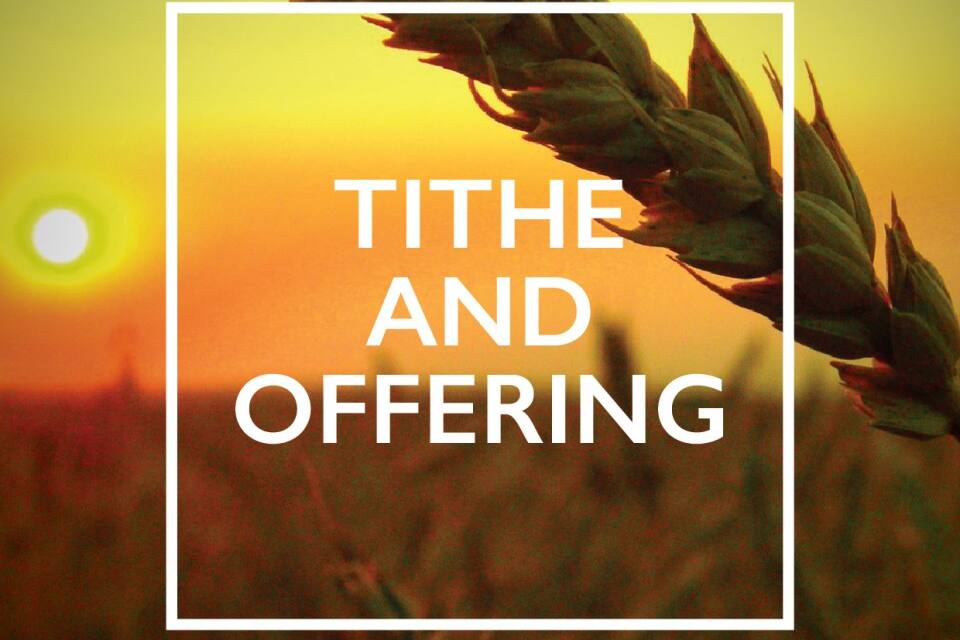In the realm of ancient Greek literature, “tribute in Antigone crossword clue” holds a pivotal place, offering a profound understanding of Sophocles’ timeless masterpiece. This concept, steeped in historical significance, unravels the intricacies of the play’s central conflict and themes.
The exploration of tribute in “Antigone” delves into its role as a catalyst for the tragic events that unfold, shedding light on the characters’ motivations, societal norms, and the enduring struggle between personal conscience and external authority.
Definition and Meaning

In the context of the Antigone crossword clue, “tribute” refers to a payment or offering made to a superior power or authority as a token of respect, submission, or allegiance.
Historically, in ancient Greece, tribute was a common practice among city-states and kingdoms. It was a way for weaker or dependent states to acknowledge the power and dominance of stronger ones. Tribute payments could include goods, resources, or even military support.
Purpose of Tribute
- Acknowledge superiority and power dynamics.
- Secure protection and support from the dominant power.
- Maintain peaceful relations and avoid conflict.
- Foster economic ties and trade.
Relationship to Antigone

In Sophocles’ “Antigone,” the concept of tribute plays a pivotal role in driving the plot and shaping the central conflict. The play revolves around Antigone’s defiance of King Creon’s edict, which forbids the burial of her brother, Polynices. Antigone believes that her duty to her family and the gods supersedes the laws of the state, and she risks her life to give Polynices a proper burial.
The Role of Tribute, Tribute in antigone crossword clue
In ancient Greece, tribute was an offering made to honor the gods or the dead. Antigone’s decision to bury her brother is seen as an act of tribute, as she believes that it is her duty to honor his memory and ensure his safe passage to the afterlife.
By defying Creon’s edict, Antigone is also challenging the authority of the state and asserting the importance of individual conscience and familial loyalty.
Central Conflict and Themes
The conflict between Antigone’s duty to her family and the laws of the state becomes the central conflict of the play. It raises questions about the limits of authority, the importance of individual conscience, and the nature of justice. The concept of tribute contributes to these themes by highlighting the tension between personal and public obligations, and the consequences of defying societal norms.
Examples in the Text
The concept of tribute is mentioned and implied in several key passages and scenes in Sophocles’ “Antigone”:
Scene with Creon and Antigone
In the opening scene, Creon declares that Antigone’s brother, Polyneices, will not receive proper burial rites because he was a traitor to Thebes. Antigone defies this decree, arguing that she has a duty to bury her brother and pay tribute to the gods.
This scene sets up the central conflict of the play, which revolves around the tension between the laws of the state and the unwritten laws of the gods.
Chorus’s Lament
The chorus of Theban elders laments the tragic fate of Antigone and her family. They sing about the importance of paying tribute to the dead and honoring the gods. The chorus’s lament provides a commentary on the events of the play and highlights the consequences of violating the laws of the gods.
Creon’s Change of Heart
After Tiresias prophesies that Creon will suffer divine punishment for his actions, Creon finally relents and agrees to bury Polyneices and pay tribute to the gods. This change of heart shows that Creon has come to understand the importance of respecting the laws of the gods and paying tribute to the dead.
Symbolism and Interpretation: Tribute In Antigone Crossword Clue
In “Antigone,” the concept of tribute holds profound symbolic significance, reflecting the complex themes and character dynamics that drive the play. It embodies both the societal expectations of honoring the dead and the individual’s moral obligations to their conscience.
The act of paying tribute to the deceased is deeply ingrained in ancient Greek culture, serving as a sacred duty to ensure the proper passage of the departed into the afterlife. In the play, Antigone’s defiance of Creon’s edict by burying her brother Polyneices represents her unwavering commitment to this tradition, even in the face of dire consequences.
Creon’s Perspective
For Creon, the king of Thebes, tribute is inextricably linked to his authority and the stability of the state. He believes that Polyneices, as a traitor to the city, deserves to be denied proper burial. By forbidding Antigone from performing the sacred rites, Creon asserts his power and maintains his grip on society.
Antigone’s Perspective
In contrast, Antigone views tribute as a matter of personal morality and religious duty. She believes that the gods demand the proper burial of all the dead, regardless of their actions in life. Her defiance of Creon’s edict is not only an act of love for her brother but also an expression of her unwavering faith in divine law.
The Chorus’s Perspective
The Chorus, representing the voice of the Theban people, grapples with the conflicting perspectives of Creon and Antigone. They recognize the importance of both societal order and individual conscience. Their collective wisdom serves as a reminder that there is no easy answer to the question of who is right and who is wrong.
Historical Context
The concept of tribute in “Antigone” also reflects the historical context of the play. In ancient Greece, the proper burial of the dead was considered essential for the well-being of both the living and the departed. Failure to provide proper tribute could lead to divine retribution and societal unrest.
Helpful Answers
What is the significance of tribute in “Antigone”?
Tribute in “Antigone” represents the tension between personal conscience and external authority, highlighting the tragic consequences of defying societal norms.
How does the concept of tribute contribute to the central conflict of the play?
Tribute serves as a catalyst for the tragic events that unfold, as Antigone’s refusal to comply with Creon’s decree sets in motion a chain of events that ultimately leads to her downfall.
What are some examples of tribute in the text of “Antigone”?
Specific examples include Creon’s demand that Antigone be punished for burying her brother, Polynices, and Antigone’s defiance of this decree in the name of familial loyalty.